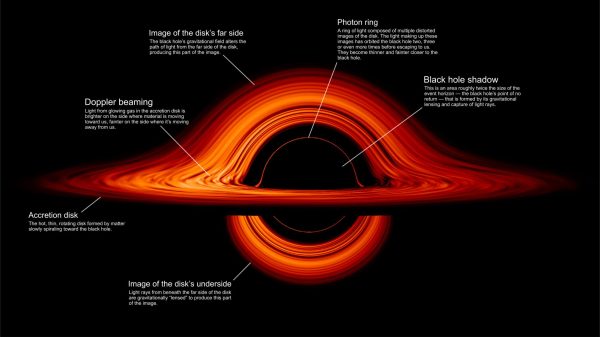In the Midst of a Pandemic, We Are the Virus

While we face a pandemic, should we question our impact on nature?
The COVID-19 pandemic has changed everyone’s lives both quickly and drastically. While this event has caused tragedy and had many negative effects, there have also, surprisingly, been some positive effects. Watching our Earth benefit from the lack of pollution and environmental changes caused by quarantine has left many wondering: is COVID-19 the virus, or are we?
In a YaleEnvironment360 article, the co-director of Climate Interactive, Elizabeth Sawin, compares the coronavirus to climate change, as they are rooted in the same principle. “If you wait until you can see the impact, it is too late to stop it.” Both issues are rooted in exponential growth – the difference being that the danger in a virus is overwhelming healthcare systems, and danger of climate change is overwhelming our ability to manage consequences of increased emissions.
“If you wait until you can see the impact, it is too late to stop it. — Elizabeth Sawin
In light of seeing these changes, many have urged politicians to incorporate actions against climate change in their coronavirus recovery plans, as these momentary changes will most likely be erased once life is back to normal.
In the same YaleEnvironment360 article, Amy Myers Jaffe, the director of the Program on Energy Security and Climate Change at the Council on Foreign Relations, describes how behaviors like carbon-cutting will potentially continue after the pandemic comes to an end. Jaffe believes we will see a fall in business travel, as video calls become more popular and efficient, and a flattening in the growth of international trade, due to the now apparent vulnerability found in globalized supply networks. Shortages of medical supplies and essential items may cause countries to produce their own goods, thus lowering their carbon footprint.
Many tales of animals returning to their places in nature, though inspiring, have been debunked. Still, the environment is being positively affected by the pandemic for the moment, and it is refreshing to see.
Climate change has not been “cured” by any means, and it’s not going away. But the so-called ‘silver lining’ of this entire ordeal is in the fact that these little changes could lead to bigger ones down the road. The momentary decrease in carbon emissions has been described as a blip in the fight for climate change, but it is still encouraging to see how quickly our environment can bounce back.
The coronavirus has shown how flawed humanity can be. Our impact on the environment is more than colossal, and many of us take this responsibility all too lightly. In a time like this, it is of the utmost importance to stay safe, but also to take the lessons we learn from this pandemic into everyday life. Whether this means becoming more climate conscious, or being stocked up on toilet paper for the near future, our individual futures will forever be impacted by the events unfolding in front of us.
It is amazing to watch our planet recover so quickly, but that is due to the drastic and unexpected measures taken in order to combat the spread of COVID-19. Imagine, though, if implementing actions and behaviors to continually improve our climate were taken more regularly? What would the Earth look like then?

Keira McDonald is a junior at Lakeland Regional High School, and this is her second year writing for The Lancer Ledger. Last year, she held the position...
















